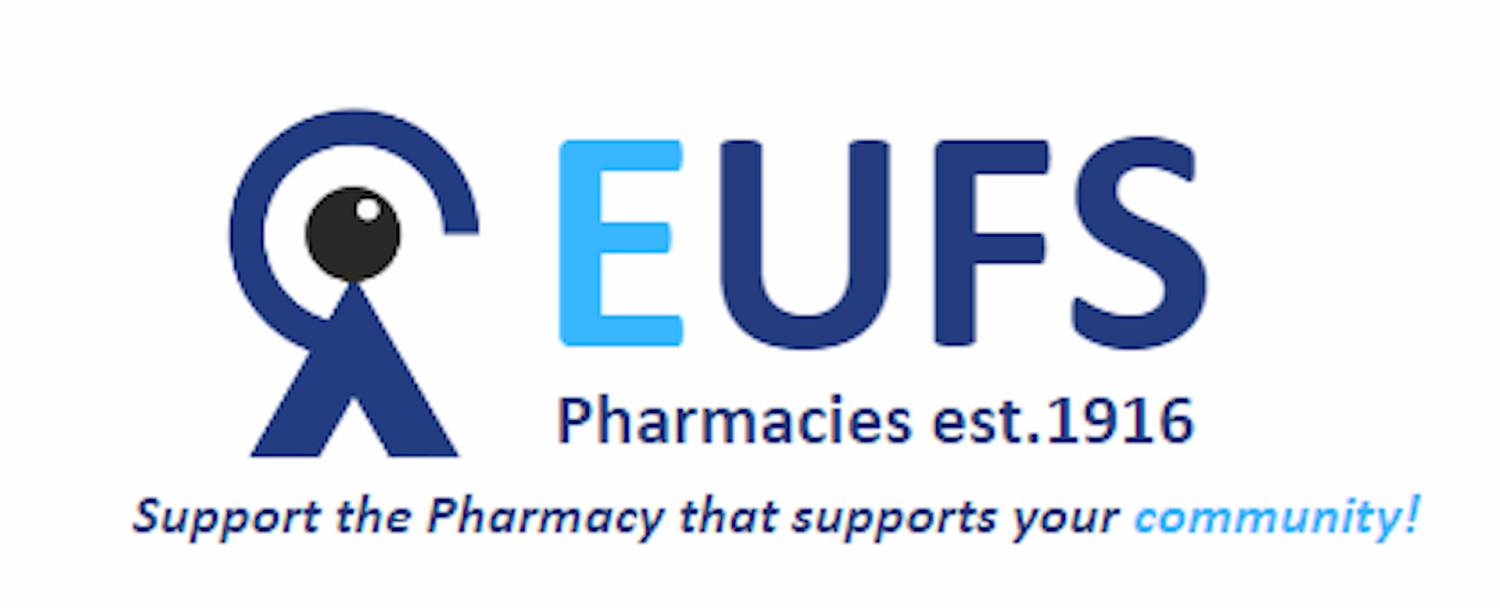Our People & Board
Our Board is tasked with the stewardship of the business to ensure it is responsibly operated to benefit members, customers and the community and remains profitable and viable.
The Annual General Meeting is held in November and all members and interested parties are invited to attend.
Board of Directors
Management Team
EUFS Governance
This section of our website details the key aspects of the governance framework and practices of Eaglehawk UFS Dispensary (EUFS). We regularly review our governance framework and practices, to ensure they consistently reflect business practice and our member expectations.
-
The primary governance document for EUFS is its Constitution, which was last updated and approved by members on 28 November 20
To view our Constitution, click HERE or scroll to the bottom of the page.
-
The role of the Board is to approve the strategic direction of EUFS; it is not here to manage the business. However, the Board does guide and monitor the management of EUFS and its business in accordance with the strategic plan, to in still the core values of the organisation and to oversee good governance practice.
The Board is committed to a high standard of corporate governance practice and to fostering a culture of compliance which values ethical behaviour, personal and corporate integrity, accountability, transparency and respect for others.
-
The GM has responsibility for the day to day running of EUFS and reports to the Board through the Board Chair. The GM is supported by an experienced staff, the majority of whom have been with EUFS for several years and are personally familiar with many of our members
-
Charting the company's direction, strategies and financial objectives and ensuring appropriate resources are available.
Monitoring the implementation of those policies and strategies and achieving those financial objectives. Monitoring compliance with control and accountability systems, regulatory requirements and ethical standards. Ensuring the preparation of accurate financial reports and statements. Reporting to members and stakeholders on the performance and state of the Company and reviewing on a regular and continuing basis executive succession planning (in particular, for the General Manager) and executive development activities.
In performing the responsibilities set out above, the Board acts at all times. In a manner designed to create and build sustainable value for members; and in accordance with the duties and obligations imposed upon them by the Company's constitution and by law.
-
Individual Directors have agreed to be bound by the EUFS Director Code Of Conduct in their dealings for and on behalf of EUFS.
The Director's duties listed in the Code of Conduct are predominantly derived from the Corporations Act 2001 and are:
A director must act honestly, in good faith and the best interest of Eaglehawk UFS Dispensary ('the Company') as a whole
A director has a duty to use due care and diligence in fulfilling the functions of the office and exercising the powers attached to that office
A director must use the powers of office for a proper purpose in the best Interests of the Company as a whole
A director must recognise that the primary responsibility is to the Company's shareholders as a whole but should, where appropriate, have regard for the interests of all stakeholders of the Company
A director must not make improper use of information acquired as a director
A director must not take improper advantage of the position of director
A director must not allow personal interests, or the interests of any associated person, to conflict with the interests of the Company
A director has an obligation to be independent in judgment and actions and to take all reasonable steps to be satisfied as to the soundness of all decisions taken by the Board. Confidential information received by a director in the course of the exercise of directorial duties remains the property of the Company, and it is improper to disclose it or allow it to be disclosed unless that disclosure has been authorised by the Company or the person from whom the information is provided, or is required by law (even after the director ceases to be a director or officer of the company)
A director should not engage in conduct likely to bring discredit upon the Company
A director has an obligation, at all times, to comply with the spirit, as well as the letter of the law and with the principles of this Code
-
The function of the Board is assisted by the use of Board Committees, of which there are currently six. An additional Remuneration Committee meets as and when required.
-
The function of the Risk Committee is set out in the committee charter, which states, "The Risk Committee may consider any matter concerning risk management and any other issues referred to it by the Board. The Risk Committee will discharge its objective, by:
Overseeing the risk profile and risk management of the Company within the context of the Board determined risk appetite
Making recommendations to the Board in respect of the Company's risk appetite and particular risks or risk management practices
Reviewing Management's risk framework including the processes for identifying and assessing material risks faced by the Company.
Reviewing Management's plans for the mitigation of the material risks faced by the Company ensuring there are adequate policies in relation to material business and financial risk management, compliance and internal controls, ensuring there is ongoing monitoring and assessment of the risk management, compliance and internal control systems; and promoting awareness of a risk based culture and the achievement of a balance between risk and reward for risks accepted.
-
The EUFS Board divides functional procedures into Policies - which are Board approved - and Procedures, which are established by management. Board Policies and Management Procedures are regularly reviewed and amended as required.
-
The function of the Strategy Committee is set out in the committee charter, which states, "The Strategy Committee may consider any matter concerning the Company's strategy profile and strategic plan and any other issues referred to it by the Board. The Strategy Committee will discharge its objective by
The Committee will review the strategic plan devised and developed by management and make recommendations to management on behalf of the Board. Furthermore, in discharging its objective, the Committee will also advise and make recommendations to the Board about the following.
The development, adoption, and modification of the Company's strategy.
The review and assessment of external developments and factors, such as changes in the economy, competition, and technology, on the Company's strategy and execution
Execution of the Company's strategy through corporate development and growth initiatives including, but not limited to, acquisitions, joint ventures, and strategic alliances.
Potential candidates for corporate development and growth initiatives, including but not limited to acquisitions, joint ventures, and strategic alliances.
The development of plans to implement the Company's strategy.
The review of the Company's progress concerning implementation of its strategy.
The Committee will regularly review, discuss, and, where appropriate, make recommendations to management on the Company's vision and goals and share with management the Board's expectations for the strategic planning process.
Additionally, the Committee will review the Strategic Plan and provide feedback to management, where appropriate, before the Board's annual Strategic Planning event
-
The function of the Audit Committee is set out in the committee charter, which states, " The Committee may consider any matter concerning the financial management and audit of the Company's business and any other issues referred to it by the Board. The Audit Committee will discharge its objective by reviewing and reporting to the Board on the following.
The annual financial reporting carried out by Eaglehawk UFS Dispensary.
The accounting policies of the Company.
The scope and audit programs of the external auditors and any material issues arising from these audits.
Overseeing the independence of the external auditors and determining procedures for the rotation of audit partners. The effectiveness of the Company's accounting and internal control systems is The sufficiency of compliance with ethical guidelines affecting corporate governance, financial reporting and corporate control, and compliance with laws and external regulations.
Identification of the full range of actual or potential risk exposures which are material to the Company.
The effectiveness of the Company's risk management systems and strategies.
In addition, the Committee will recommend to the Board the appointment of external auditors and the level of their fee.
-
The EUFS Privacy Policy aims to explain to our members and customers.
What kinds of personal information we collect and store.
How we collect and store the personal information.
Why we collect personal information, and in what circumstances will we disclose the information?
How individuals can access details of the personal information we hold and, if necessary, correct the personal information; and
How to contact us to discuss any breach of this policy or the use of personal information.
-
The comprehensive Risk Management framework for EUFS is an integrated approach to managing all organisational risks. It aims to assist EUFS in determining organisational direction and priorities and enabling transparent and consistent management decisions. It provides a high standard of accountability and contributes to the efficient and effective allocation of resources.
EUFS Governance Documents
Copies of our governance documents are available to read or download by clicking on the links.
EUFS Annual Reports
Download a copy of our independently audited Financial Statements.















